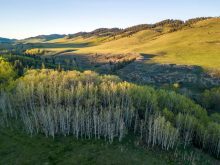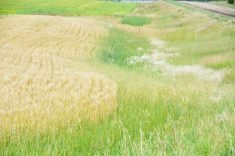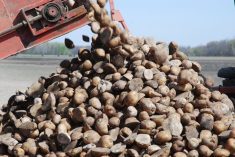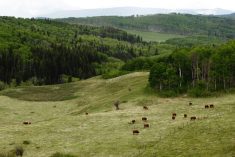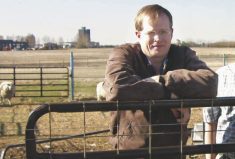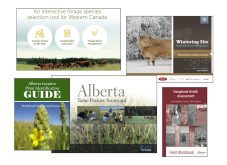As the Alberta countryside gets eaten up by field crops, pastures are becoming a “safe haven” for field crop pollinators.
“Bees spend maybe a month sitting in a canola field, and in that month, they have adequate supplies of pollen and nectar from the canola,” said Adam Ovinge, a beekeeper from Granum.
“The problem is I have to keep those bees alive the other 11 months of the year, too. That’s where our pastures and forage lands come in.”
Alberta — particularly the south — has an “intense agricultural landscape of monoculture” that has eliminated the biodiversity that pollinators need, Ovinge said.
Read Also
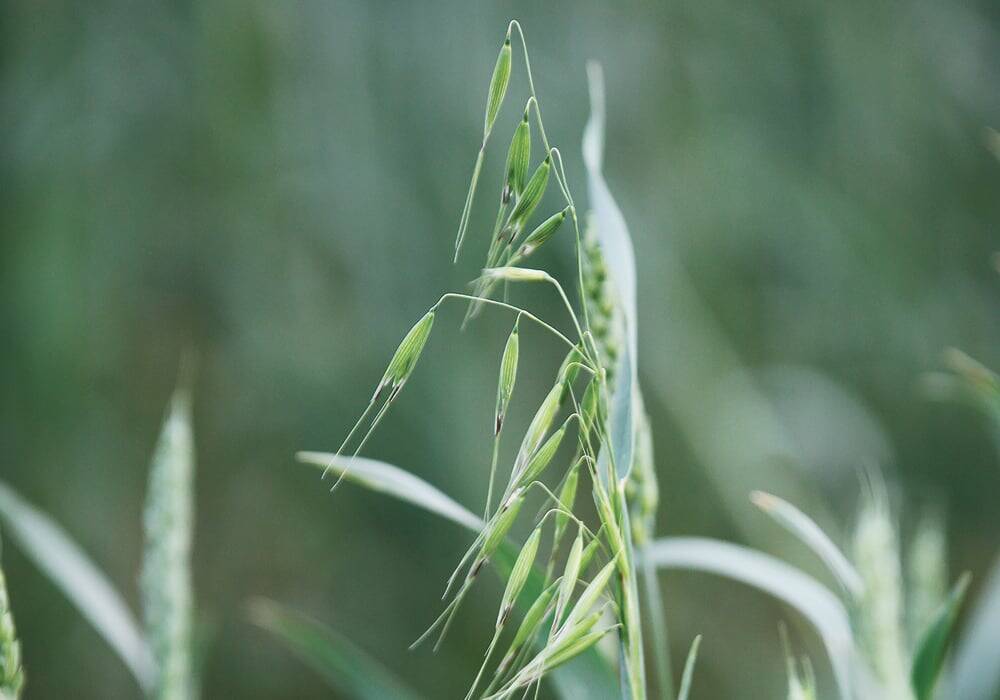
Think beyond the herbicide jug when dealing with wild oats
Wild oats are notoriously hard to manage, but one precision ag specialist offers some tips to growers.
“All pollen is not created equal — every different plant creates different pollen, so in order to get good nutrition to your bees, you need a variety of flowering plants that are flowering throughout the year. Variety, in a word, is what we need for bees.”
Forage producers can keep bees happy by not cutting “at the first hint of purple.”
“A five per cent bloom will do virtually nothing for a honeybee. They need to have weeks of it.”
For farmers growing field crops, maintaining marginal lands — and even leaving some weeds in the field — will go a long way toward keeping pollinators healthy.
“My first major pollen nectar source is dandelions,” he said. “If I didn’t have dandelions, it would be exceedingly difficult for me to keep bees. I would have no real nectar flow until sometime in June, and if I don’t have a pollen nectar flow, my bees will not start building colonies.”
Farmers have become used to the idea of pollination “more or less taking care of itself,” he said. “But we’re finding that, the more we look into it, the less that is the case.”
Pollinators need “to be part of the equation” that producers consider when it comes time to grow their crops.
“Everybody needs to have their needs met here,” said Ovinge. “It runs counter to the way farming is going, but we’re thinking we can still find our niche.”



